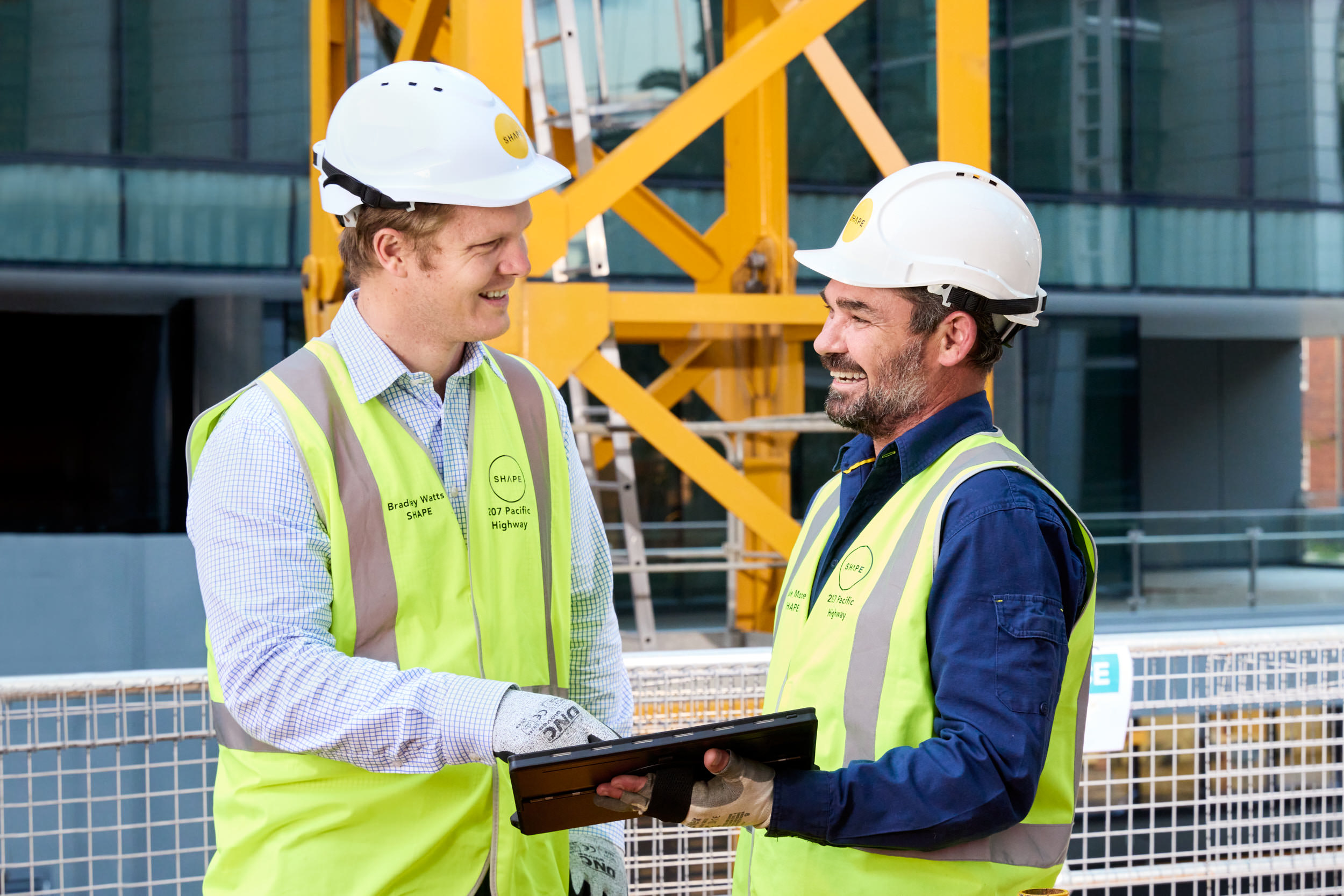Evaluating commercial general contractors in Toronto requires a meticulous approach due to the complexity of commercial construction projects and the diversity of contractors in the city. Whether you’re planning a new build, renovation, or tenant improvement, choosing the right commercial general contractor Toronto is crucial for the success of your project.
Reputation and Experience: Begin by researching the reputation and experience of commercial general contractor toronto. Look for companies with a proven track record of successfully completing commercial projects similar in scope and size to yours. Check online reviews, testimonials, and ask for references to gauge their reputation among past clients.
Licensing and Insurance: Ensure that the contractor holds all necessary licenses and permits required by the city of Toronto and other relevant authorities. Additionally, verify that they carry adequate insurance coverage, including liability insurance and workers’ compensation, to protect you from any potential liabilities or accidents during the construction process.
Expertise and Specialization: Evaluate the contractor’s expertise and specialization in commercial construction. Some contractors may specialize in specific industries or types of projects, such as retail, office, healthcare, or hospitality. Choose a contractor with relevant experience in your industry and project type for optimal results.

Quality of Workmanship: Assess the quality of the contractor’s workmanship by visiting past project sites if possible. Pay attention to the attention to detail, craftsmanship, and overall finish of completed projects. This will give you insight into the standards they uphold and the quality of work you can expect for your project.
Project Management Capabilities: Effective project management is essential for keeping your project on schedule and within budget. Inquire about the contractor’s project management processes, communication channels, and their ability to coordinate subcontractors and suppliers efficiently. A well-organized contractor with strong project management capabilities will minimize delays and ensure smooth project execution.
Financial Stability: Evaluate the financial stability of the contractor to ensure they have the resources to complete your project without delays or interruptions. Request financial statements or proof of financial stability to assess their ability to secure necessary materials, pay subcontractors, and address any unexpected expenses that may arise during construction.
Safety Record and Compliance: Safety should be a top priority on any construction site. Inquire about the contractor’s safety record and protocols for ensuring a safe working environment. Verify that they comply with all relevant health and safety regulations and have a proactive approach to risk management and accident prevention.
Clear Contract and Pricing: Review the contractor’s proposed contract and pricing structure in detail. Ensure that all aspects of the project, including scope of work, timelines, payment schedules, and warranties, are clearly outlined and agreed upon in writing before signing any agreements. Be wary of contractors who provide vague or incomplete contracts.

